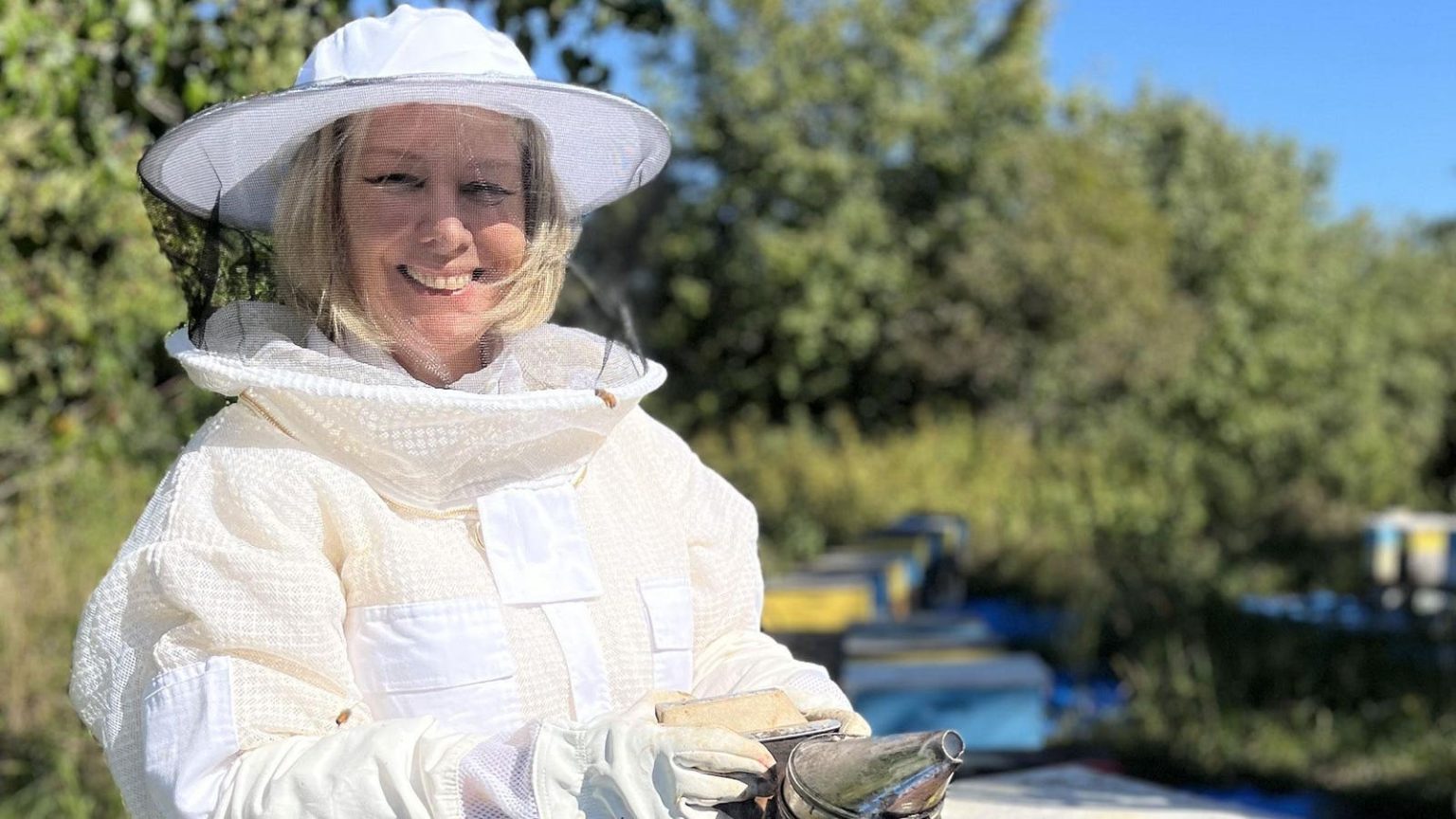A New Dawn for Beekeeping: The Promise of Vaccines in Protecting Pollinators and Beyond
The world of apiculture is abuzz with excitement and anticipation following the groundbreaking approval of the first-ever vaccine for honeybees. Developed by Dalan Animal Health, this innovative oral vaccine offers a glimmer of hope in the fight against American Foulbrood, a devastating bacterial disease that has plagued beekeepers for generations. This revolutionary approach marks a significant leap forward in protecting these vital pollinators, crucial for global food security and ecosystem health. The vaccine’s development opens doors to explore new methods of combating diseases in other invertebrates, potentially revolutionizing industries like shrimp farming and offering solutions to combat mosquito-borne illnesses.
The mechanics of vaccinating a bee are surprisingly intricate. Worker bees are fed the vaccine, which they then incorporate into the royal jelly they feed their queen. This results in the queen’s offspring being born with immunity to American Foulbrood, a game-changer in preventing the spread of this destructive disease. Traditionally, outbreaks of American Foulbrood necessitate the drastic measure of destroying entire colonies and burning the infected hives. The vaccine offers a preventative solution, potentially saving millions of bees and safeguarding the livelihoods of beekeepers. The impact of colony losses on the beekeeping industry is substantial, with some comparing it to cattle ranchers losing up to half of their herd annually. The vaccine presents a much-needed tool for commercial beekeepers, who manage thousands of hives and are vital in pollinating essential crops across the country.
The development of this vaccine stemmed from the collaborative efforts of Annette Kleiser, founder of Dalan Animal Health, and Dalial Freitak, an Estonian biologist and zoologist. Kleiser, inspired by Freitak’s research at the University of Helsinki, recognized the potential of vaccinating insects, a concept previously unexplored due to their lack of antibodies. Freitak’s innovative approach involved injecting an inactivated bacteria into the queen, leading to increased disease resistance within the hive. This research laid the groundwork for Dalan Animal Health’s oral vaccine, a more practical solution for widespread application in commercial beekeeping. The vaccine has generated significant interest from beekeepers and governments alike, with several countries already engaged in discussions to procure the vaccine for their bee populations.
Despite the promise, the vaccine faces hurdles in achieving widespread adoption. One significant challenge is the cost, currently set at $10 per queen. For commercial beekeepers managing tens of thousands of hives, the vaccination cost can be substantial, adding a significant financial burden to an already challenging business. Beekeepers are eager to see tangible returns on their investment, and while Dalan Animal Health argues that the vaccine’s benefits outweigh its cost through reduced colony losses and increased honey production, beekeepers seek definitive proof of its efficacy. They want evidence demonstrating that vaccinated colonies yield more bees, produce more honey, and pollinate more effectively. While current beekeeping practices can mitigate the risk of American Foulbrood, the vaccine offers a proactive, potentially more comprehensive defense against the disease.
Beyond American Foulbrood, Dalan Animal Health is exploring the vaccine’s potential against other bee diseases, particularly the devastating deformed wing virus. Early trials have shown encouraging results, with significant reductions in virus levels in vaccinated hives. The company’s ambition extends beyond bees, with plans to develop vaccines for other invertebrates, starting with shrimp. The shrimp farming industry, a multi-billion dollar market, experiences substantial losses each year due to diseases, often resorting to environmentally damaging chemical treatments. Given the similarities between shrimp and bee immune systems, Dalan Animal Health believes its vaccine technology can be adapted to protect shrimp against prevalent diseases like white spot syndrome virus. Preliminary trials have shown promising results, with increased survival rates in vaccinated shrimp.
The potential impact of this technology extends far beyond protecting food sources. Dalan Animal Health envisions a future where insect vaccines can combat mosquito-borne diseases like malaria and dengue fever. With climate change increasing the risk of these diseases spreading to new regions, the ability to vaccinate mosquitoes could become a crucial tool in safeguarding human health. The successful development and application of insect vaccines could revolutionize disease prevention across various invertebrate species, offering sustainable and environmentally friendly alternatives to chemical treatments.
The implications of Dalan Animal Health’s work are far-reaching. While the immediate focus is on protecting honeybees and ensuring the stability of the agricultural industry, the underlying technology holds the potential to address a wider range of challenges facing global health and food security. The ability to vaccinate insects could revolutionize disease prevention, mitigate the impact of climate change, and protect vital ecosystems. The journey from bee vaccine to a broader application of insect vaccination is just beginning, but the initial successes are generating immense excitement and anticipation for what the future holds. This pioneering work underscores the crucial role of scientific innovation in addressing complex global challenges, offering hope for a healthier and more sustainable future.












